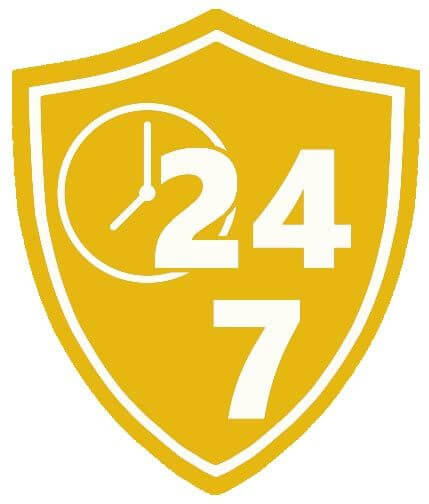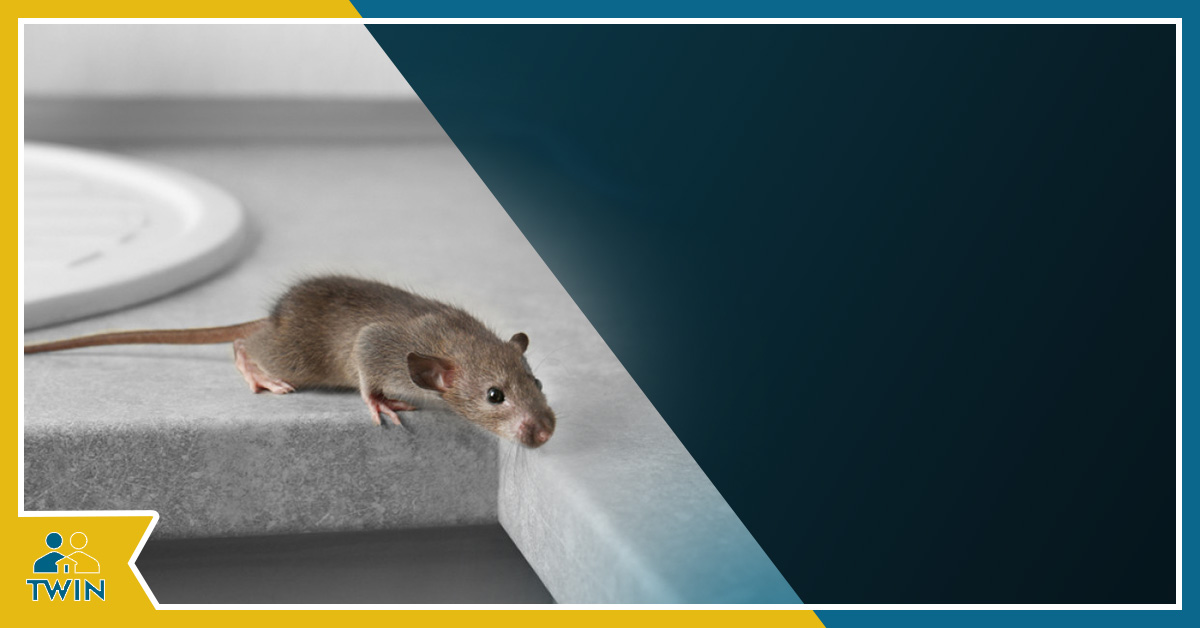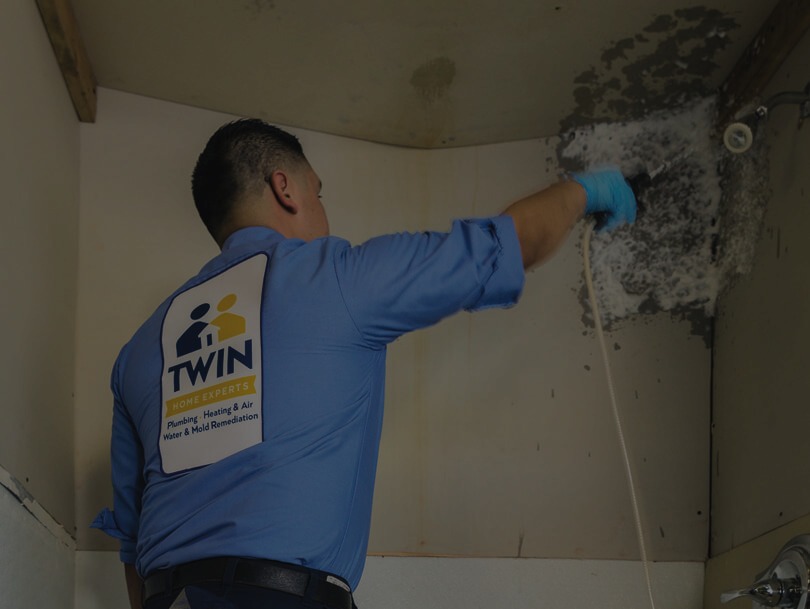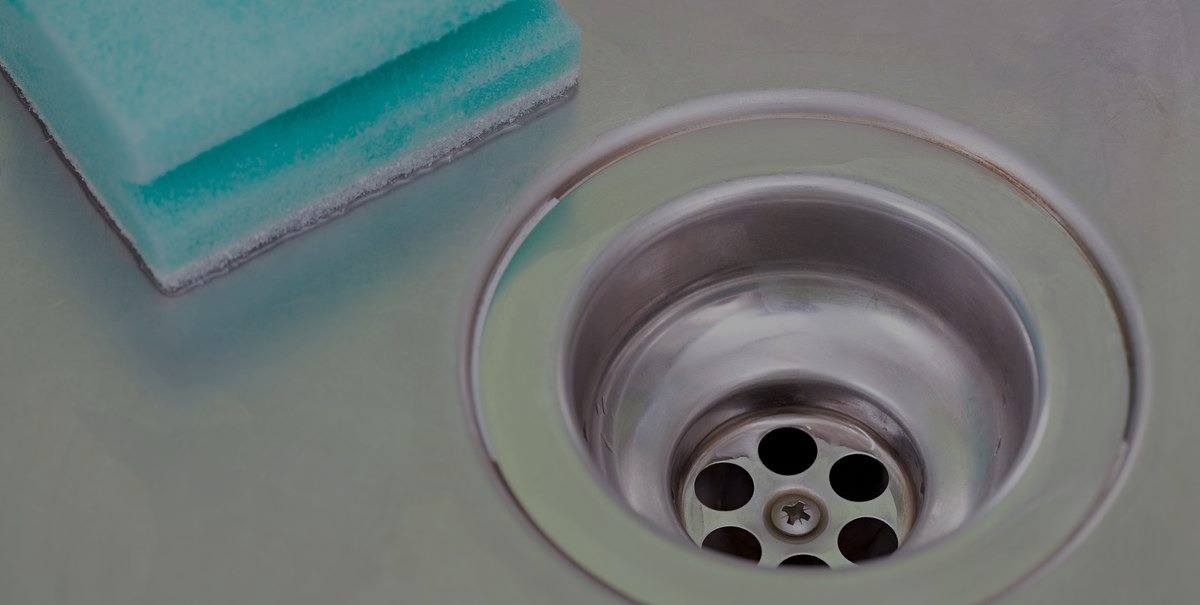We’ve noticed that homes in Thousand Oaks, CA tend to spring a lot of leaks. We can help you with leak detection in Thousand Oaks today. The post Leak Detection In Thousand Oaks appeared first on Twin Home Experts.
When it comes to Los Angeles leak detection, the Twin Home Experts considers the city of Thousand Oaks one of the top places that spring leaks, especially from under home foundations.
Why are there more foundation leaks in Thousand Oaks, CA?
The reason we perform more leak detection calls in Thousand Oaks than any other area in Los angles is that most of the homes in Thousand Oaks , Westlake, and the Ventura areas were built on slab foundations.
When this happens, the hot and cold pipes which are made of rolled soft copper are installed before the concrete slab is poured, which means that the pipes are either touching concrete, rebar, and/or rocks and this causes the copper to deteriorate much faster.
We typically see hot water pipes leak more frequently than the pipes within the cold water system because most homes have a recirculating pump that circulates the hot water throughout the house, this is what provides instant hot water when you call for hot water at any fixture in your home.
The issue is that when the hot water is mixed with hard water, it crystallizes and starts chipping away at the inside of the copper pipe, ultimately causing pinhole leaks.
High Water Bill?
Here are some quick steps that we hope can save you from needing to call a leak detection expert :
***Make sure no one is using the water inside your home as you are running these tests***
Take a look at your water meter. Many meters have a small triangle (red, blue, or white) on the meter face designed to detect even small leaks. If this triangle is moving when you have all water off in and outside of your home, you may have a leak .
Leaks are commonly found from one of the following sources:
- A toilet that is running
- A constant drip in a sink or outdoor faucet
- A loose or dripping washer connection
- A home water treatment unit
- An evaporative cooler
- A drip irrigation system.
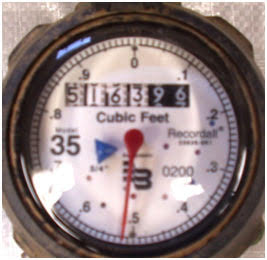
If you confirm and verify that this triangle is moving then follow these steps:
THE FIRST STEP is to go around and check all of your toilets to confirm that they are not running. This is by far the number one cause of high water bills. If your toilet is running, shut the toilet off, then go back to the meter and see if this stopped the spinning of the triangle.
If the triangle is still moving, follow these next steps: Check your swimming pool fill valve. This is a hidden leaching water valve that is often missed by homeowners because it’s typically underground and will leak water undetected. Shut this valve off then go back to read the meter again. If the triangle is still moving it’s time to try checking the irrigation system .
If you have an irrigation system with a separate shut off valve, shut it off – then go back to the meter and confirm if the triangle at the meter is still moving. If the triangle is still moving, it’s time to check the main water shut off to the house . This is typically located in the front of the home. Same as before, turn this off and then go back to the meter and if you see it finally stopped. If this stops the triangle from moving, then you have a leak inside the walls of your home structure.
Next, put the shut-off valve to the home in the on position, then go to the water heater shut off valve and shut that off. Doing this isolates and kills only the hot water side. Again, go back to the meter and confirm if the triangle stopped if it did, now you know more specifically, that you have a hot water leak.

Preventing Pin Hole Leaks
If you’ve only ever suffered from one leak in your Thousand Oaks or Westlake Village home, then you might want to make an investment in a whole house water filtration system. This will remove the calcium, magnesium, and harsh chemicals that typically destroy underground copper pipes and prevent damaging leaks. The price for this typically ranges between about $500 for your very basic filtration system and $6,500 for a top of the line no-maintenance system .
PRO-TIP: Be sure to put your recirculating pump at your water heater on a timer. If your pump is running 24 hours a day, you’re speeding up the deterioration process to your entire hot water system.
Leak detection cost
Leak detection typically costs between $99 and $650 but usually you can have someone come out for around $350. This service typically includes using electronic tracing equipment which pushes safe gas into the entire water system to create a loud bubbling sound underground. This technique is especially helping in detecting those really small underground leaks.
What if I do have a leak?
That part is easy, call a leak detection expert like the Twin Home Experts! But, always do your research to make the right choice for you. We put together this list of Water Leak Detection Companies in Los Angeles to help you!
We hope this helped you with your leak detection research. If you have any questions, we are always here for you 24 hours a day. Give us a call, 480-900-1755. Good luck!
The post Mold Inspection In Los Angeles Homes: Our Top 10 Tips appeared first on Twin Home Experts.
